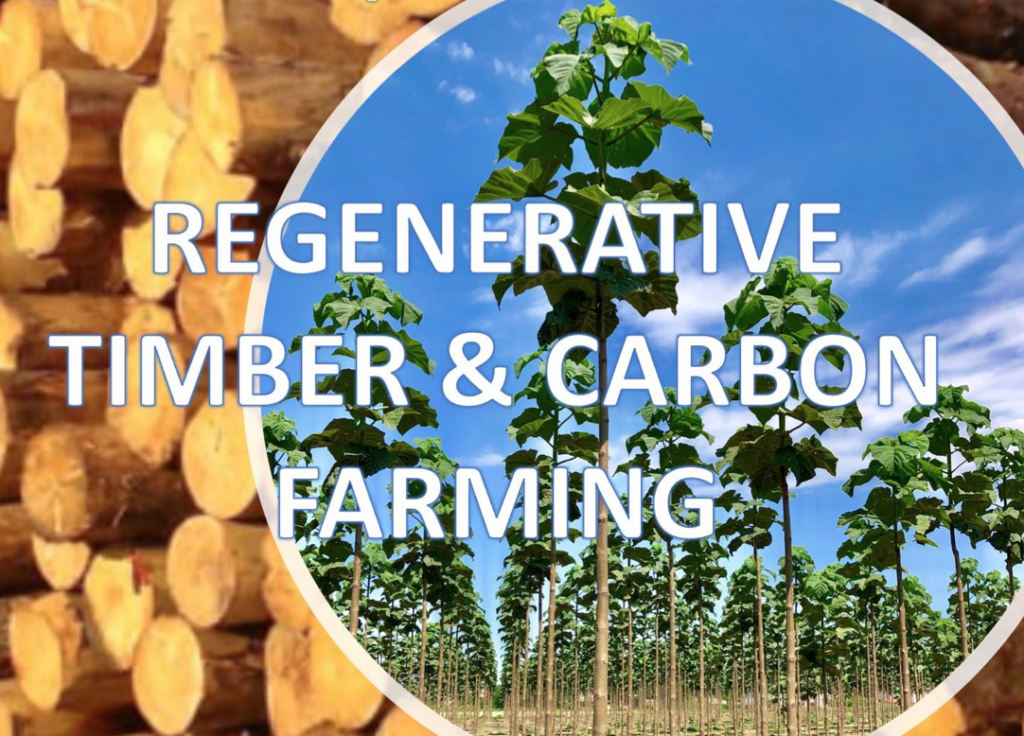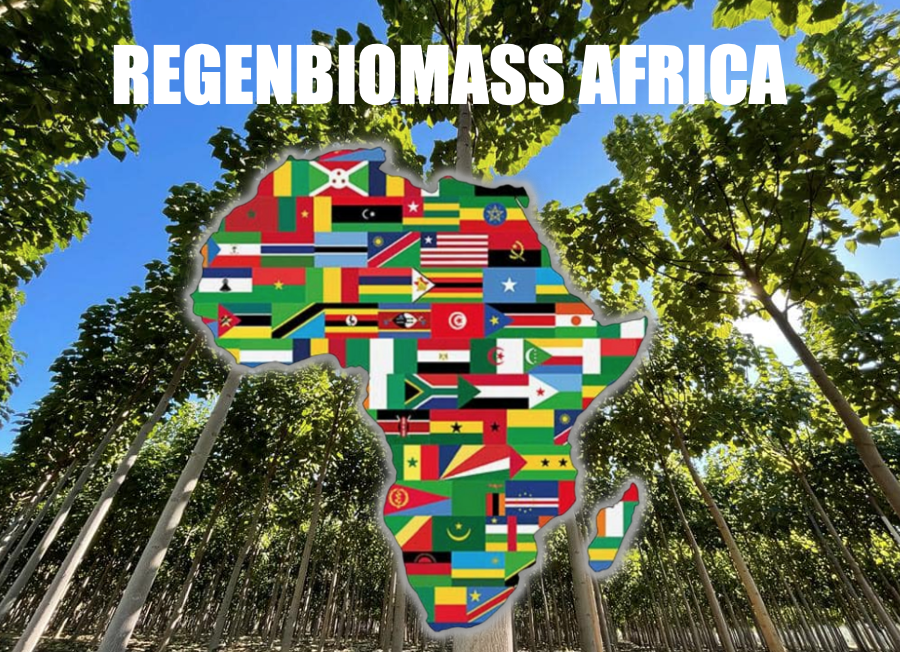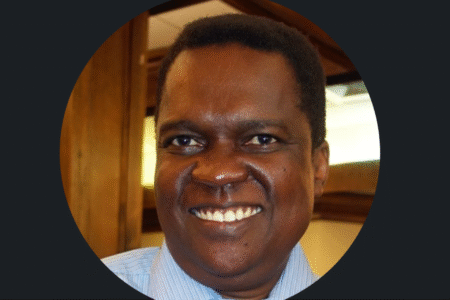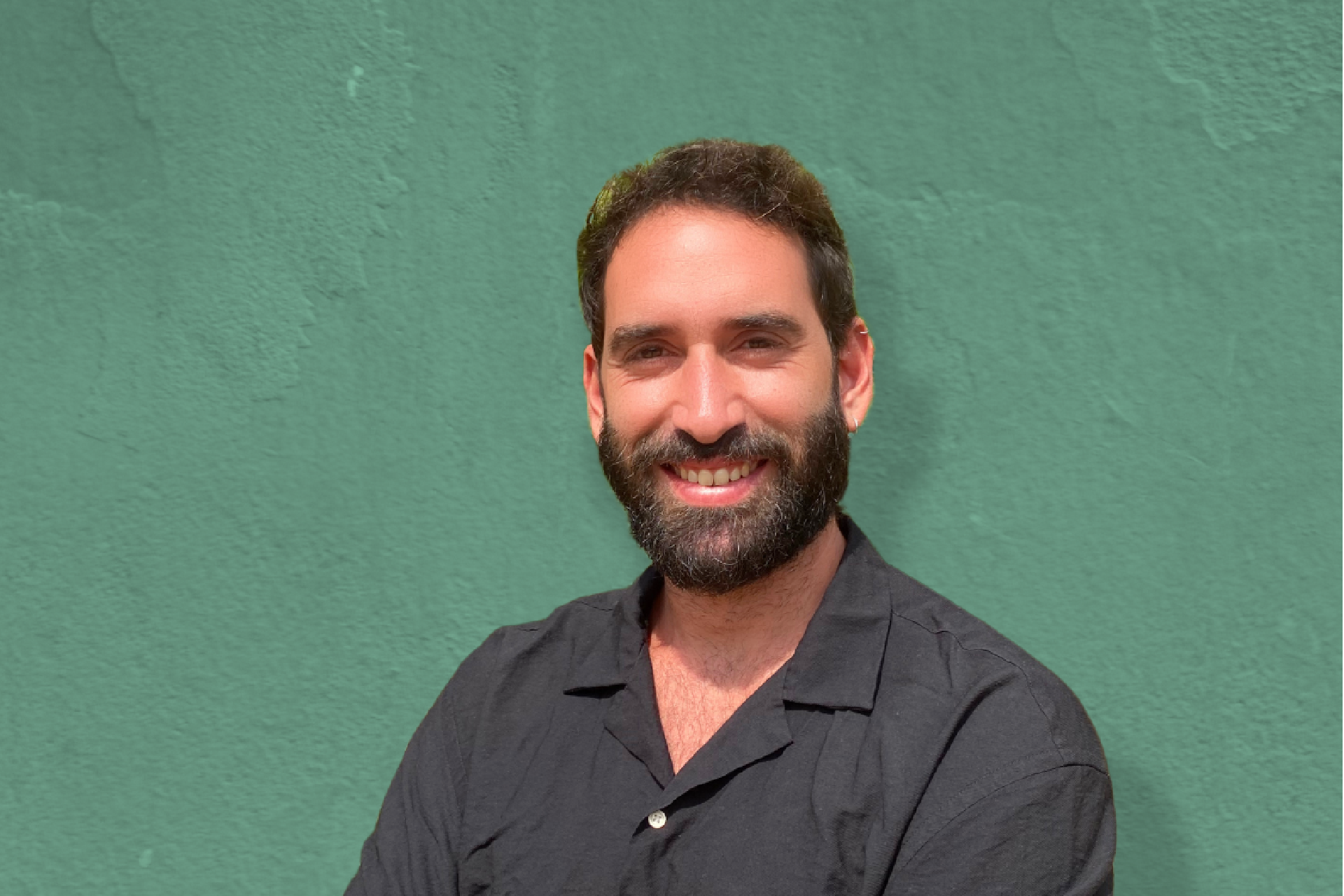
Green Success Stories sat down with Phil Cruver – the founder of RegenBiomass and KZO Sea Farms – an initiative developing seaplants and shellfish in Africa to tackle food insecurity and malnutrition while creating jobs utilizing timber and carbon farming. He told us more about his startups, how they mitigate climate change and what their stages of development are.
Phil, thanks for being here – can you tell us a little bit about you and RegenBiomass?
I am the founder and CEO of KZO Sea Farms which develops offshore mariculture farms for food security and also the founder and CEO of RegenBiomass that develops regenerative biomass farms for producing sustainable products as nature-based solutions for decarbonization. Previously, I was the Founder and CEO of Catalina Sea Ranch that developed the first aquaculture facility in U.S. Federal waters located six miles offshore California.
I am the founder of five additional start-up companies and recently served as Principal Investigator for over $1.2 million of federally funded R&D projects. As a pioneer in the wind energy industry many years ago, I founded International Dynergy, a publicly traded company that installed $50 million of wind turbine generators in Palm Springs, California.

How does RegenBiomass help reduce emissions?
With RegenBiomass, terrestrial biomass farms are developed with Paulownia which are the fastest-growing trees on the planet reaching 20 feet in the first year and can be harvested for timber in the fifth year. Furthermore, Paulownia trees are regenerative so that when the trees are cut for harvesting, they will continue growing back for harvesting every five years.
Moreover, because Paulownia trees grow so fast, they sequester massive amounts of CO2 estimated at 5 to 10 times that of other trees for carbon farming the atmosphere and soil.
At KZO Sea Farms, we believe the colloquial nomenclature for seaweed should be changed to seaplant as “weed” has a negative connotation conflicting with its positive contributions. The seaplants we farm can double their biomass every two weeks sequestering massive amounts of CO2 as a nature-based solution for helping to decarbonize our planet.
What made you want to start RegenBiomass?
RegenBiomass coined the term “Timber & Carbon Farming” with the planting of 800 Paulownia trees in April 2022 as a pilot project in Southern California funded by a USDA grant. This pilot project allows showcasing the potential of Timber & Carbon Farming as a regenerative and resilient new green industry for producing sustainable lumber products and sequestering CO2.
In 2010, KZO Sea Farms developed a submersible cage for fish farming with engineering support from the School of Marine Science and Ocean Engineering at the University of New Hampshire and ISCO Industries, the largest HDPE fabricator and distributor in North America.

As we wrap things up, what is a call to action you would like to share with our audience?
According to data derived from the International Energy Agency, in 2040 oil and natural gas will still provide half the world’s energy needs, even if every country satisfies its emissions reduction commitments.
Therefore, Liquid Natural Gas (LNG) is being promoted as the rescue fuel for the transition to renewable energy since the combustion of natural gas emits about half as much CO2 as coal and 30% less than petroleum as well as far fewer pollutants per energy unit delivered.
Africa has massive offshore natural gas reserves and there are now projects worth about $100 billion on the continent which could replace as much as a fifth of Russian gas exports to Europe by 2030.

Coincidentally, hydrocarbon-endowed African countries are also prime candidates for sustainable afforestation, reforestation, and offshore mariculture that could provide the production of regenerative carbon sequestration biomass that would be eligible for carbon credits to offset the LNG CO2 emission footprint for achieving carbon-neutral status.
There is also an emerging debate about economic justice and the right of all Africans to have access to affordable and secure energy-creating employment and that the world must support a ‘just’ energy transition for all. In 2018, about 600 million people in Sub-Saharan Africa did not have access to electricity and nearly 900 million people lacked access to clean cooking fuels and technologies.
Carbon markets and offsetting are not a substitute for reducing emissions but can help unlock private and public sector capital for contributing towards the decarbonization of our planet. Offsetting should be considered as a near-term way to address emissions while the technologies to avoid and reduce emissions are developed at scale across value chains.
High-quality projects can deliver additional benefits, such as helping to fund the scaling up of pre-commercial climate-curbing technologies while also supporting local communities and biodiversity.
By 2050, Africa’s combined business and consumer spending are projected to exceed $16 trillion, making the continent an attractive market for producers and global exporters. This means that this continent with the youngest population will set trends in global trade, technology, climate sustainability and urban development that will dictate the future of the planet. If demographics are destiny, then Africa is poised to be the center of global affairs within a generation.
Thank you for the opportunity to share my vision supporting Africa’s rise as a future industrial powerhouse with sustainable offshore mariculture and regenerative Timber & Carbon Farming benefiting its people and the planet.




